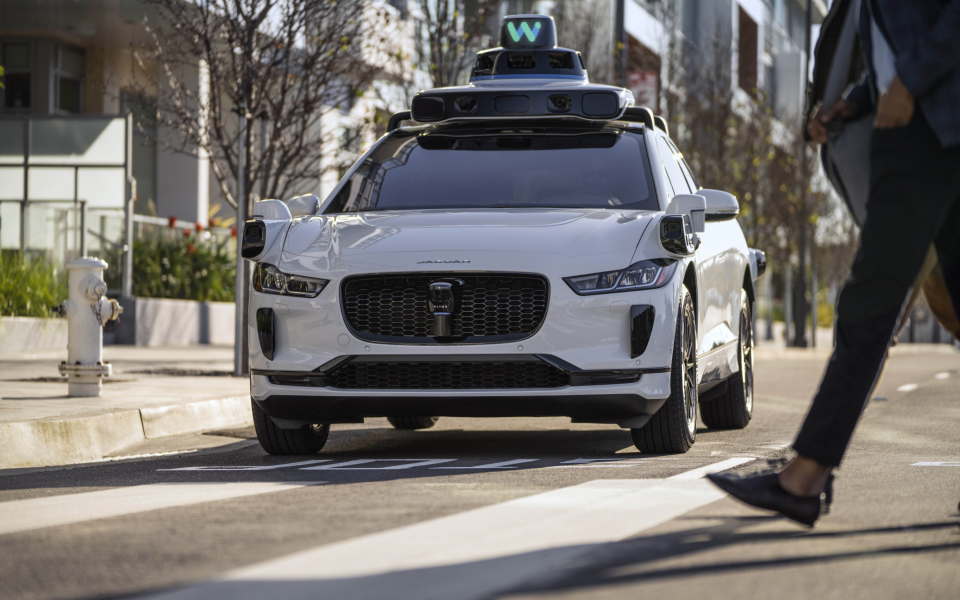Recent events in California have marked a significant uptick in public unrest concerning the proliferation of autonomous vehicles, culminating in a dramatic episode where a driverless taxi was set ablaze in San Francisco's Chinatown.
The incident is not isolated but part of a growing series of protests that underscore the public's mixed feelings toward the burgeoning self-driving car industry.
In a startling act that caught the attention of both local authorities and national media, a Waymo-operated Jaguar I-Pace was the target of a mob's fury during Lunar New Year celebrations. Eyewitness accounts and footage shared on social media by the San Francisco Fire Department show the vehicle being vandalized and torched, a sign of escalating tensions between the community and proponents of autonomous driving technology.
The incident has drawn scrutiny toward the safety and societal implications of self-driving cars, a debate that has been simmering in California, which is at the forefront of testing and deploying the technology. With over 9 million miles driven on public roads by test permit holders last year, the state has become a battleground for discussions on the future of transportation.
Adding fuel to the fire, Safe Street Rebel, an activist group known for its disruptive tactics against autonomous vehicles, has highlighted the potential dangers these cars pose to public safety. Its campaign, started in 2022, involves strategically placing traffic cones on self-driving cars, exploiting their reliance on sensors for navigation and effectively bringing them to a standstill.
The recent vandalism incident follows several other concerning events involving self-driving vehicles in California.
General Motors Co.
The safety record of Waymo, a subsidiary of Alphabet Inc.
Waymo recently updated its self-driving software after two collisions in Phoenix.
These incidents are reminders of the challenges facing the autonomous vehicle industry. They highlight the technological hurdles that must be overcome and the societal and ethical considerations that accompany the deployment of these vehicles on public roads.
As California grapples with these growing pains, the future of autonomous transportation hangs in the balance. The industry's promise of safer, more efficient roads is tempered by the immediate reality of accidents, public skepticism and the apparent need for a more thoughtful integration of the technology into the fabric of society.
For proponents and critics alike, the path forward requires a delicate balance between innovation and safety, a challenge that will define the trajectory of autonomous vehicles in California and beyond.










